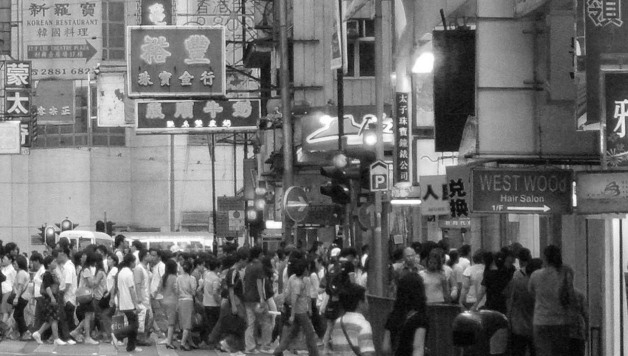U.S.-based Goodyear is seeking to end its global alliance with Japan-based Sumitomo on the grounds that Sumitomo “has engaged in anticompetitive conduct that we concluded warrants the dissolution of the global alliance”. Under the global alliance, which was formed 15 years ago, Goodyear has 75% stakes in the companies’ joint ventures covering North America and Europe, while Sumitomo has the predominant stake in the JV for Japan. The companies are also partners in JVs focused on tire technology and global purchasing.
Goodyear announced in its 10-K filing earlier this month that it had commenced arbitration proceedings on 10 January 2014. Goodyear is also seeking damages. Sumitomo, in a statement, referred to the dispute as “extremely regrettable”.
In our experience, it is not unusual for JVs and alliances to require each party to not engage in unlawful or prohibited conduct. The Sumitomo group has been embroiled in various cartel investigations in recent times, as well as class actions, relating to automotive parts and marine hoses. These may or may not be the basis for Goodyear moving to end the alliance. Further details of the dispute are not currently known and Sumitomo’s statement referred to “confidentiality concerns” which is not unusual as most arbitrations are confidential.
Most cross-border transactions are governed by arbitration. Arbitration tends to be more effective than litigation as arbitration awards are more easily enforced overseas than court judgments. Arbitration also allows the parties to choose a neutral forum in which to resolve their disputes, rather than having each party litigate in its home courts.
The Goodyear/Sumitomo arbitration is being administered by the International Chamber of Commerce (ICC). The ICC is an independent business organisation based in Paris and is the most popular arbitration institution in the world. Unless the parties have agreed otherwise, it is likely that the arbitration will be decided by three arbitrators. The usual process in ICC arbitrations is for each party to appoint an arbitrator. The third arbitrator is appointed by the ICC. The parties are free to choose whomever they wish, but usually tend towards experienced lawyers. Arbitration awards are final and binding on the parties. Compared with appeals in litigation, there are very limited grounds for challenging or resisting the enforcement of an award.
The Goodyear/Sumitomo dispute is a reminder that the fallout to anticompetitive conduct is not limited to investigations by regulators, fines, class actions and others lawsuits for damages. It can also be grounds for the termination of business and contractual relationships.
Photo credit: The Tire Zoo / Foter / CC BY (b&w/crop)








